Science 4.3
Scientific investigation and reasoning. The student uses critical thinking and scientific problem solving to make informed decisions. The student is expected to:
- (1) analyze, evaluate, and critique scientific
explanations by using evidence, logical reasoning, and experimental and
observational testing;
- (A) represent the natural world using models such as the water cycle and stream tables and identify their limitations, including accuracy and size; and
- (B) connect grade-level appropriate science concepts with the history of science, science careers, and contributions of scientists.
- Free Plan
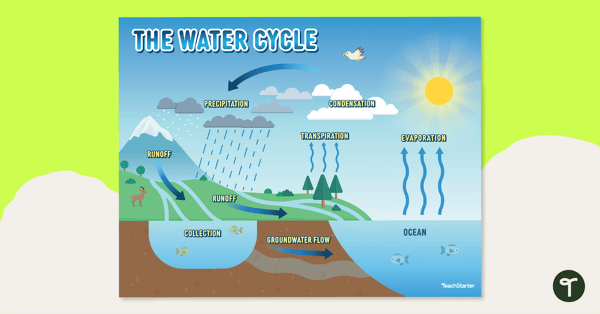
Water Cycle Diagram
Display this water cycle diagram when teaching about the continuous movement of water above and on the surface of the Earth.
- Free Plan
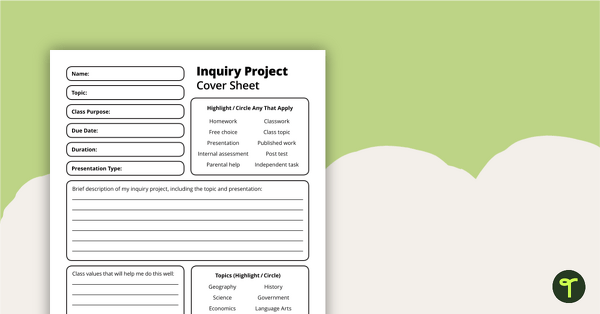
Inquiry Project - Template
A diverse template to help students craft inquiry questions to produce different types of research projects.
- Plus Plan
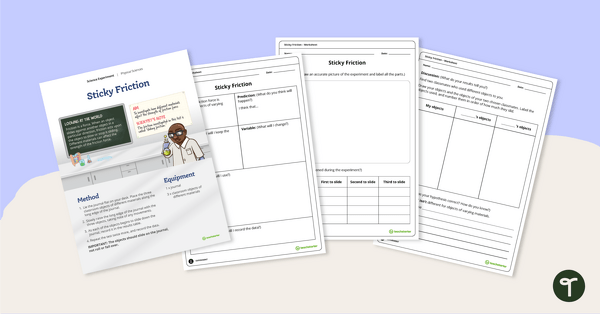
Friction Experiment - Sticky Friction
Use this engaging friction experiment when teaching your students about sliding friction and the effect it has on the movement of objects.
- Plus Plan
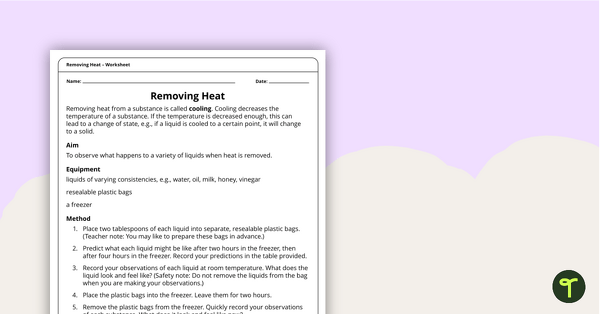
Removing Heat – Worksheet
An activity to demonstrate what happens to a variety of liquids when heat is removed.
- Plus Plan
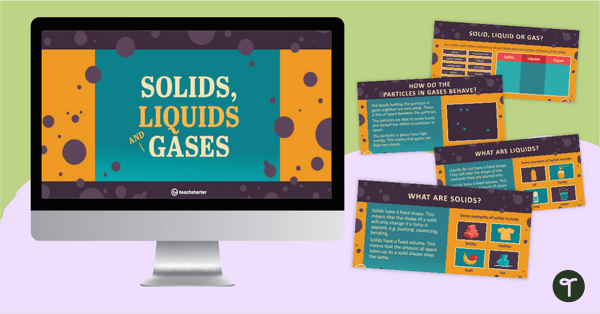
Solids, Liquids, and Gases PowerPoint
A 31-slide editable PowerPoint template to use when teaching your students about solids, liquids, and gases.
- Plus Plan
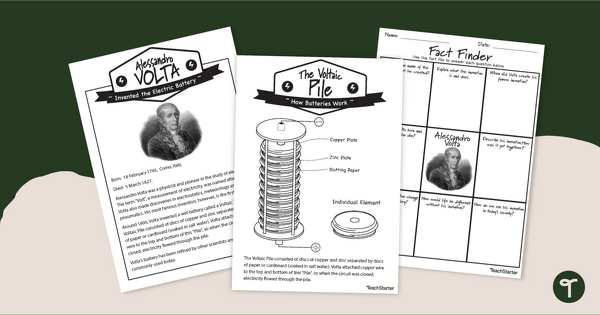
Famous Inventor Fact File - Alessandro Volta Comprehension Worksheet
Read and learn about Alessandro Volta and his amazing innovations with a Fact File reading passage and comprehension worksheet.
- Plus Plan
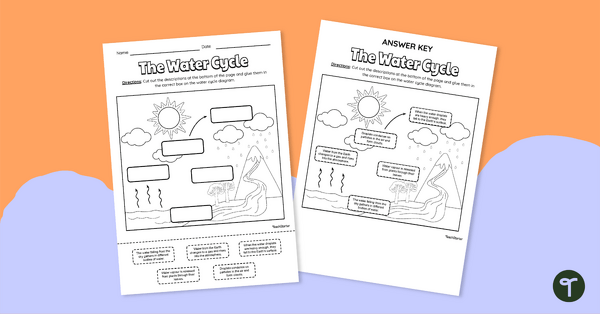
The Water Cycle - Cut and Paste Worksheet
Sequence the steps of the water cycle with a cut and paste worksheet.
- Plus Plan
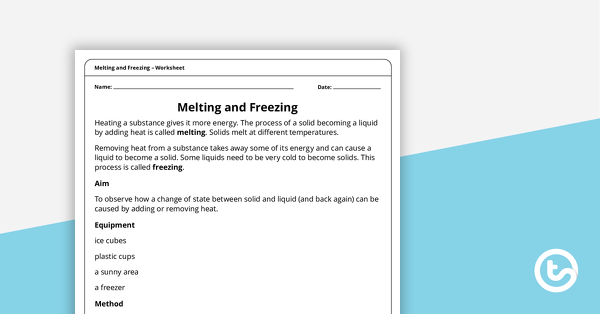
Melting and Freezing – Worksheet
An activity to demonstrate how a change of state between solid and liquid (and back again) can be caused by adding or removing heat.
- Plus Plan
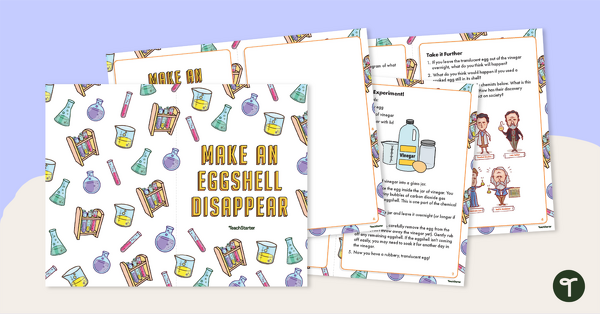
Make an Eggshell Disappear - Science Experiment Booklet
Investigate chemical reactions with this hands-on experiment booklet.
- Plus Plan
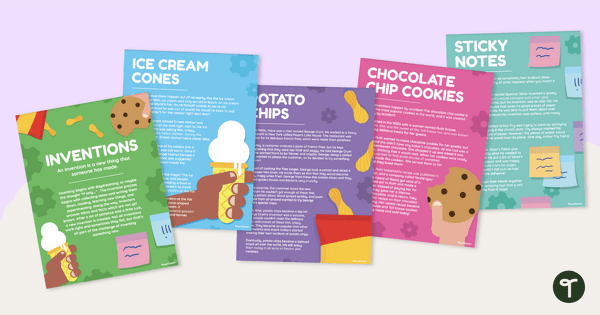
Accidental Inventions - Printable Posters and Reading Passages
Discover some of the world’s most famous (and accidental) inventions with a set of printable invention posters.
- Plus Plan
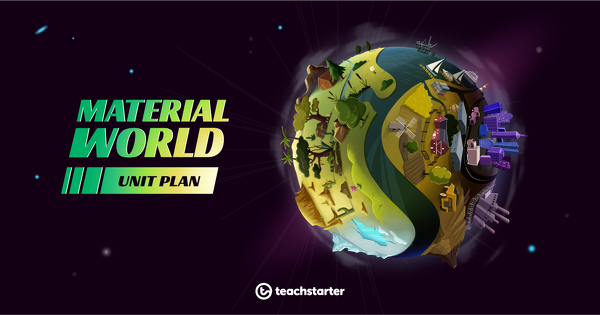
Material World Unit Plan
This Chemical Sciences unit investigates natural and processed materials. Demonstrations and experimental procedures are explored with particular attention given to the scientific method.
- Plus Plan
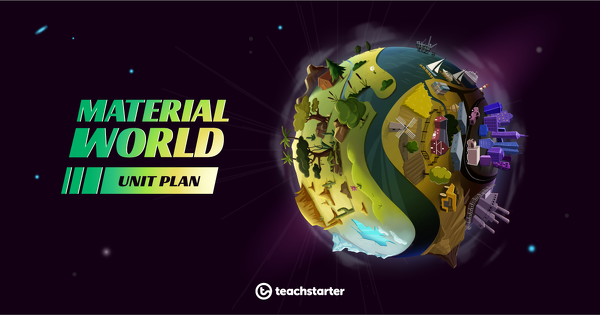
Fake Plastic Trees - A Demonstration Comparing Properties of Natural and Processed Materials
A 60 minute lesson in which students will compare the properties of natural and processed materials through a demonstration.